Murder is probably the crime that fascinates writers the most. Ever since Cain put Abel in the ground, we have been obsessed with whodunit and, to a lesser extent, why they did it. Amateur sleuth or painstaking police work, we enjoy the piecing together of clues that leads up to the unmasking of the killer. Raymond Chandler stated in his Ten Commandments for the Detective Novel that 'It must baffle a reasonably intelligent reader', but that 'The solution must seem inevitable once revealed.'
The above are good, solid rules that I can’t fault, particularly as they issue a challenge to the reader to try to prove his or her intelligence by solving the mystery in advance of the narrator. Ultimately, whether we guess the killer’s identity or not, we expect some form of justice, within the letter of the law or otherwise, to take place. The one permissible exception being where the victim is discovered to be less than innocent.
Murder invokes something primal in us. It is the snuffing out of something precious – the potential of all the victim could ever aspire to, or hope to become. It is the one crime where the victim cannot speak out against his or her attacker and so we will the detective on, safe in the knowledge that it is their duty to speak for the dead.
My introduction to the crime novel came in a roundabout fashion through film noir, particularly in the 1940s versions of The Big Sleep and The Maltese Falcon, both of which starred Humphrey Bogart as Philip Marlowe and Sam Spade respectively. Choice of actor aside, Raymond Chandler and Dashiell Hammett’s Private Investigators shared a lot in common; a world-weary demeanour, love of wisecracks, sense of justice, and dubious standing with the police. Characteristics that were to form the blueprint of the hard-boiled private detective and for which Hammett should get the majority of the credit, The Maltese Falcon having been published originally in serial form in pulp magazine Black Mask several years before publication of The Big Sleep.
Having fallen in love with both films, the next natural step was to read the source material. Hammett’s work being the less well known in the UK during the late 1980s, Chandler’s Philip Marlowe novels provided my first exposure to the world of detective fiction. It’s fair to say that the first person narrative and deadpan one-liners of Kurt Brecht’s journal entries in White Vampyre share more than a little of Marlowe’s DNA. Although Brecht, to say the least, is an unreliable narrator. At the risk of giving away all my secrets, I’ll also confess that Sydney Greenstreet’s portrayal of Kasper Gutman in The Maltese Falcon provided much of the inspiration for the Quartermaster in White Vampyre.
My dalliance with crime fiction might have started and ended there if not for American television’s fascination with police detectives. Two standout series from the 90s were NYPD Blue and Homicide: Life On The Street. Both had pedigree, the former having been developed by Steven Bochco, co-creator of the hugely successful Hill Street Blues and latter being based on former Baltimore Sun reporter David Simon’s true crime novel Homicide: A Year On The Killing Streets (Simon later went on to even greater success with The Wire). Although both dealt with professional law enforcement officers, they shared a number of similarities with their more hard-boiled cousins. The focus was justice for the victims and to achieve this the detectives felt at liberty to use both verbal and physical threats. Other methods included playing suspects off against one another and implying the prospect of leniency when it was not theirs to give. As a flipside to the above, where the killer proved to be as much a victim as the deceased, the detectives were not averse to helping them with their statement in an attempt to mitigate punishment. Justice opposed to the strict letter of the law.
Television series having a limited lifespan, when the above series ended I went in search of something to fill the gap. Despite the proliferation of such police based series, I found myself drawn to something closer to home in the form of Ian Rankin’s Inspector Rebus series.
John Rebus is the sort of character that appeals to me as a writer. Flawed, scarred by his past, pushing the self-destruct button; he encompasses many shades of grey. In a line that can be drawn directly back to Philip Marlowe and Sam Spade, he possesses that innate sense of justice so critical to the detective.
Much as I respect Rankin’s decision to set the books in 'real time' and retire the character, I miss Rebus. While his new series featuring Malcolm Fox has the same great characterisation and minute plotting, there’s something a little too nice about Fox for my taste. But having only had two outings to date, I look forward to watching the character develop.
Having established a taste for the Scottish police procedural, it seemed only natural that I should be drawn to Stuart MacBride’s Logan McRae series, particularly as they are set in my former adopted hometown of Aberdeen, albeit an Aberdeen fortunately far removed from reality (apart from the weather - he’s absolutely spot on about it being cold, miserable and wet). Although the first novel in the series, Cold Granite (the title a homage to Lewis Grassic-Gibbons Grey Granite), is largely played straight, subsequent books have upped the humour and gore, relying on a certain suspension of disbelief for those familiar with the city. But like Rankin, MacBride is very much the master of a plot driven narrative, even if he populates his books with larger than life characters. Immensely enjoyable and undoubtedly one of my more recent influences.
And that brings us full circle to my original point - I’d hesitate to call myself a crime writer but it does seem rather inevitable after absorbing the above that I found myself writing a police procedural. Perhaps it’s something in the water or the blood of us Scots, or maybe it’s having grown up listening to the immortal words on Taggart: 'There’s been a murder!', but we do seem to like a good killing. Mine, incidentally, is set in Inverness and I hope you enjoy it if you decide to read it.
The Little Sister - Raymond Chandler
You’ll find a close personal connection if you read this.
Red Harvest - Dashiell Hammett
Credited as the inspiration behind Akira Kurosawa’s Yojimbo, which itself was remade by Sergio Leone as A Fistful Of Dollars.
Fleshmarket Close - Ian Rankin
The Falls - Ian Rankin
Flesh House - Stuart MacBride
And finally, something to watch:
Homicide: Life On The Street, Season 2, Episode 1: Bop Gun
A brilliant performance by Robin Williams as a grieving widower struggling to come to terms with having witnessed his wife being shot dead in front of him and his two young children during a robbery. Its strength lies in transforming the victim from a chalk outline into a real person by focusing on the grief and suffering of the survivors.
Forbrydelsen - the original Danish version of The Killing
Even with subtitles, miles ahead of the American remake, which is actually pretty damn good! Another fantastic exploration of the effects of murder on the victim’s family.

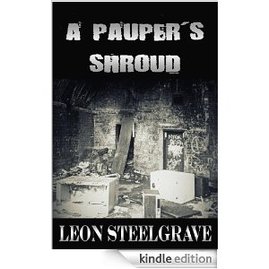
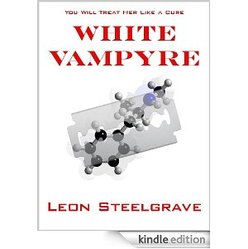

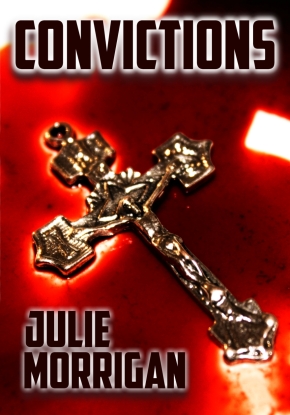
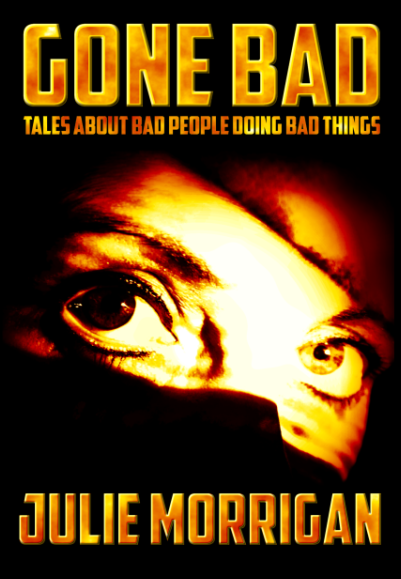
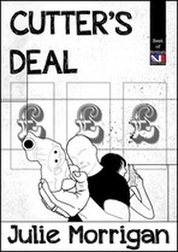
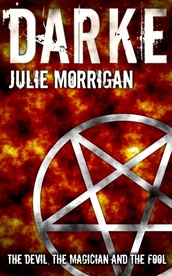
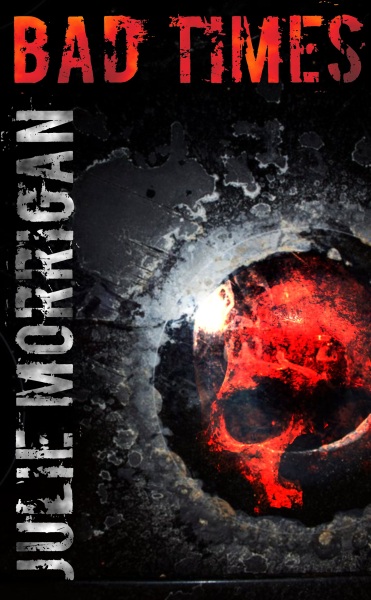
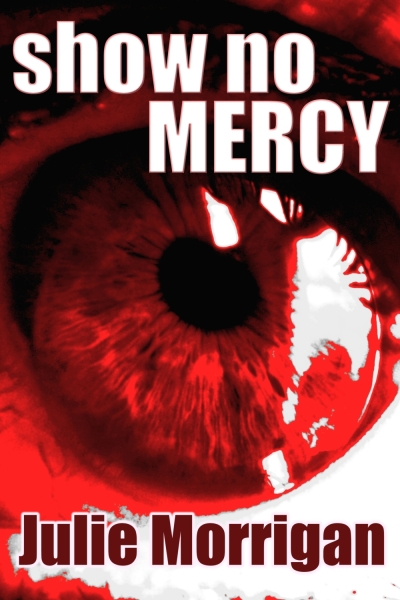
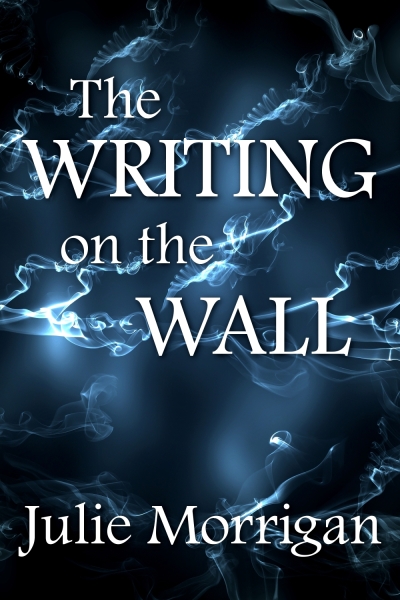

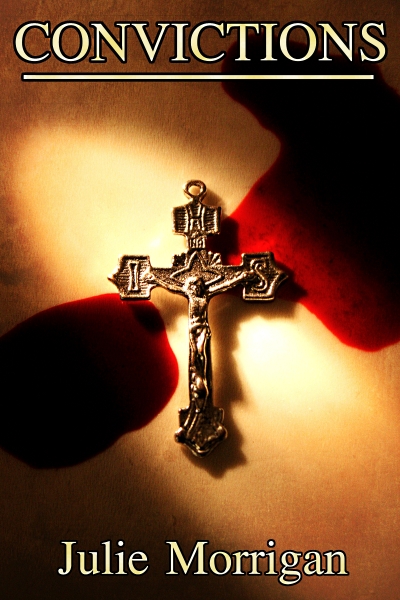
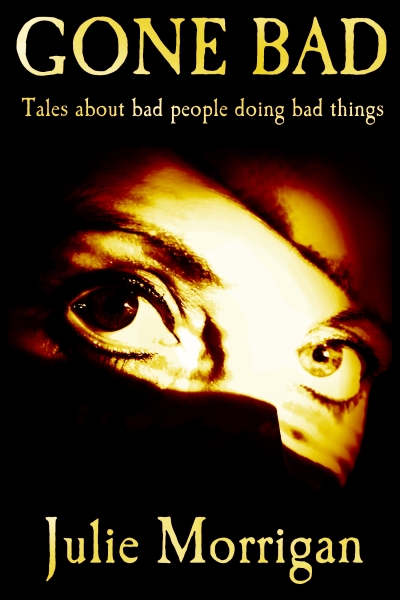
 RSS Feed
RSS Feed
